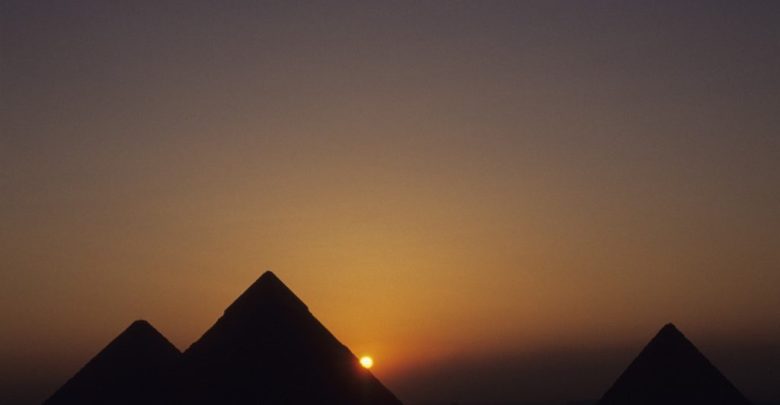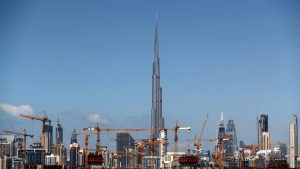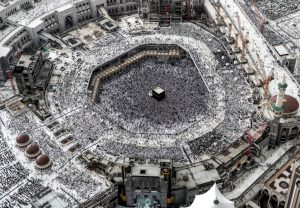Tourism in the Arab world has great growth potential
The Middle East share of the world tourism market may increase from 6% to 8% by 2030, which amounts to 150 million tourists per year.

The World Tourism Organization (UNWTO) forecasts that international tourist arrivals will reach 1.8 billion people per year by 2030. By then, according to a survey by the Market Intelligence Department of the Arab Brazilian Chamber of Commerce, the Middle East market share is expected to rise from 6% to 8%, to approximately 150 million visitors per year. It’s worth reminding that international tourist arrivals amounted to 1.4 billion worldwide in 2018, two years before WTO expected.
The Arab world features some of the world’s most diverse attractions, ranging from antique moments such as the Giza pyramids (pictured above) in Egypt and the city of Petra, Jordan, to architectural landmarks from the 21st century, including Burj Khalifa, the world’s highest building, in Dubai. Even in times of crisis, destinations in the region such as Egypt, Jordan, Lebanon, Tunisia and Morocco pick up quickly because of their timeless charm and the hospitality of their people.
In Dubai, for example, Emirates Airline expects to surpass the mark of 70 million passengers by 2020, when the emirate will host the world exhibition Expo 2020, an event that is expected to attract 25 million visitors to the city. Next year forecast is that the Dubai International Airport and the newer Al Maktoum International Airport will receive 126 million passengers. The latter, when it’s fully ready by the end of the decade, will be able to receive up to 220 million passengers a year.
Halal
Just like food and other consumer goods, tourism can also be halal, that is, made according to Islamic traditions. Muslims like travelling to places that respect their believes and serve their needs, such as the offer of halal foods in restaurants and hotels, accommodations that include prayer rooms and resorts with segregated structures for families in pools and beaches.
Beach tourism is a particularly strong sector. In 2017, in Turkey, for example, halal resorts yielded USD 184 million. Turkey is not an Arab country, but most of its population is Muslim. Accordingly, a growing number of countries and players are supplying this market demand from the North Africa to the Far East.
Tourism is so important in the Arab world that countries such as Saudi Arabia and Oman are putting the activity as one of the main drivers of the economic growth in their national development plans.
According to the Market Intelligence Department at the Arab Brazilian Chamber, Saudi Arabia intends to become more than a pilgrims’ destination, persuading the Muslims that visit the country for Hajj and Umrah to extend their stay and visit other religious, historical and cultural places. Saudis plan to investing USD 64 billion in entertaining on the next decade and intend to significantly expand the infrastructure for pilgrimage aiming to improve the pilgrims’ experience. An example is the construction of the high-speed line connecting Mecca to Medina
Muslim travel expenses were estimated in USD 177 billion in 2017 and are expected to reach USD 274 billion in 2023, according to the report State of the Global Islamic Economy.
ABAV
In order to explore the tourism industry, the Arab Brazilian Chamber will have a pavilion at the exhibition of the Brazilian Travel Agencies Association (ABAV) from September 25 to 27 in São Paulo. There will be a space for exhibitors like Brazilian agencies that work with Arab destinations, MENA agencies, hotels, tourism promotion national bodies and other companies and institutions.
To find out more, contact the Commercial Department at the Arab Brazilian Chamber through the email comercial@ccab.org.br and watch below a video about ABAV.
Translated by Guilherme Miranda
47th ABAV International Tourism Expo
Making business in Brazil’s tourism industry means staying in contact with travel agencies. Book your presence in one of the largest and most important business events in Brazil with the Arab Brazilian Chamber. ___ Break into the Brazilian market through the Arab Brazilian Chamber: http://www.ccab.org.br/en/home






